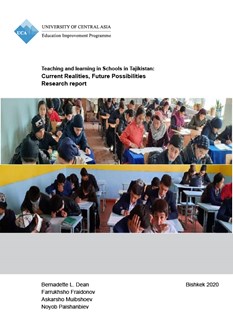Teaching and learning in Schools in Tajikistan: Current Realities, Future Possibilities
The University of Central Asia initiated its Education Improvement Programme to respond to an urgent need to enhance students’ academic achievement and prepare a quality workforce in the mountainous regions of Central Asia, to meet the challenges of the 21st century.
As a first step, a comprehensive situational analysis was conducted to determine the current state of secondary education in Tajikistan. More specifically teaching and learning in mathematics, the natural sciences, informatics and English was focused on to identify policies and practices for improvement.
Twenty-one secondary schools from across Khatlon region, the Districts of Republican Subordination (DRS) and Dushanbe participated in the study. A mixed methods research design was used. 513 students, 115 teachers, 21 school directors, and 193 parents were surveyed or interviewed, the standard, curriculum and 90 lessons were observed and analysed for this study.
Findings from the study reveal teaching is largely focused on transmission of information and rote memorization of the presented information. There is a severe inadequacy of human and physical resources. Textbooks are a Soviet legacy and even these are not available for most students! While students assess their knowledge and skills to apply learning to real-life very favourably, tests reveal about two-thirds are unable to reach even the basic level. They have high motivation to learn and high educational and career expectations that must be used to help them enhance their achievement. Teachers assess their knowledge and skills to teach their subject curriculum favourably but indicate ‘high’ need for professional development to: understand the competence-based curriculum, develop their ICT skills, enhance their subject knowledge and skills, learn new pedagogies and assessment practices, develop students cross curricula skills and teach them ‘how to learn’.
Recommendations for the Ministry of Education, pre- and in-service teacher education institutions, school directors and teachers are presented.




